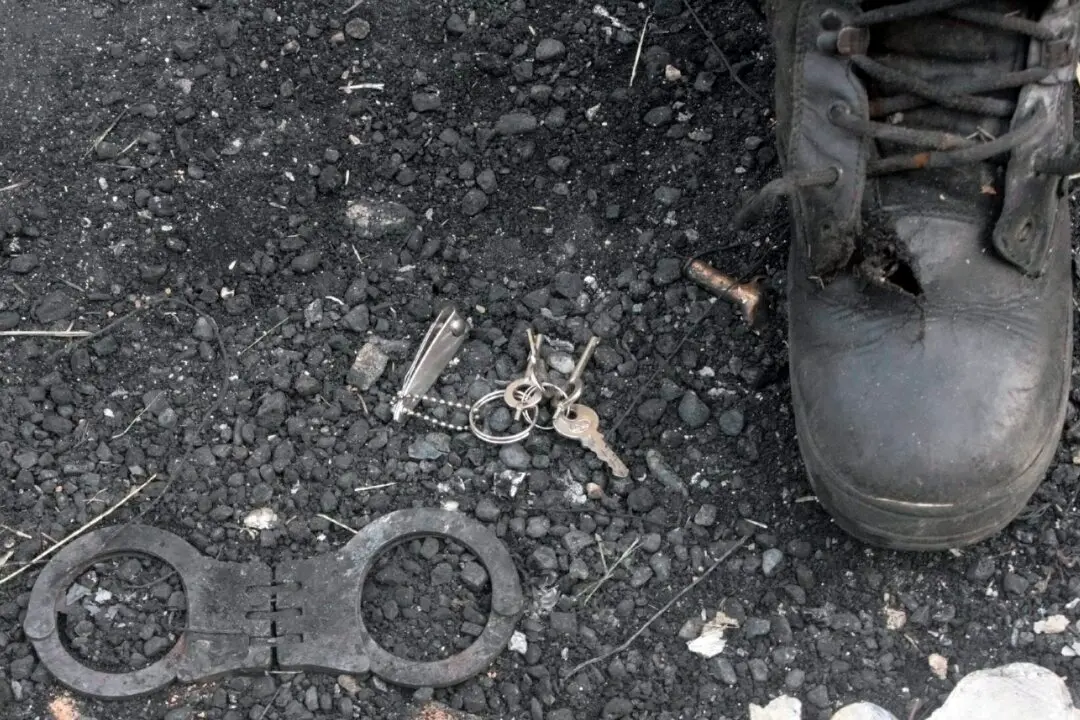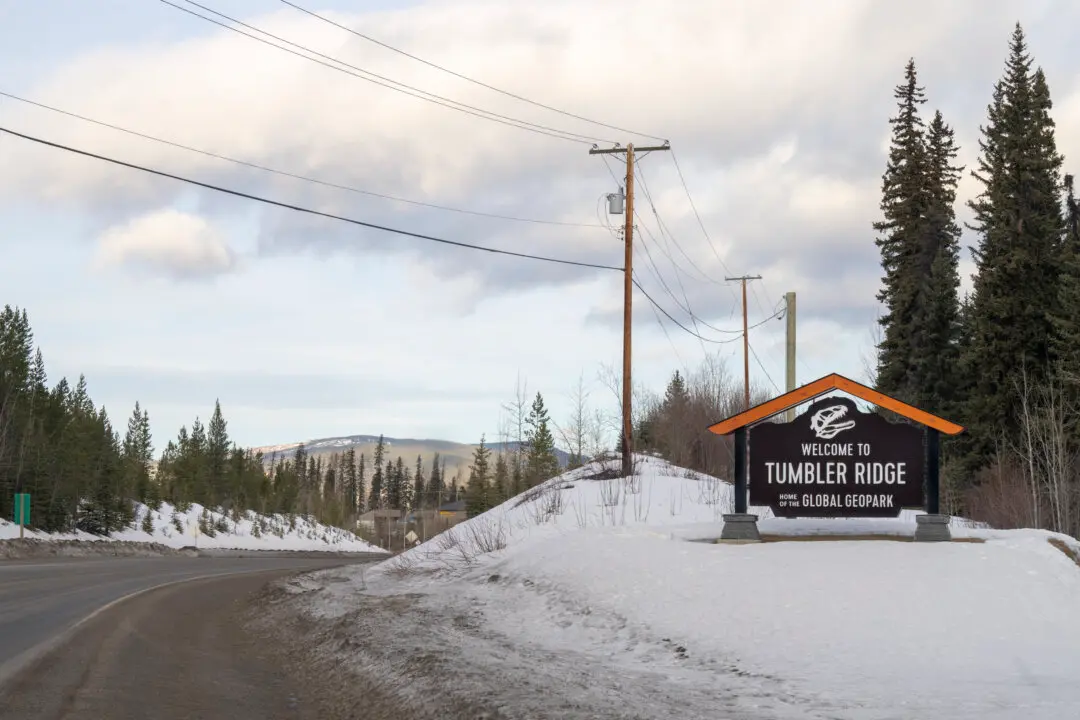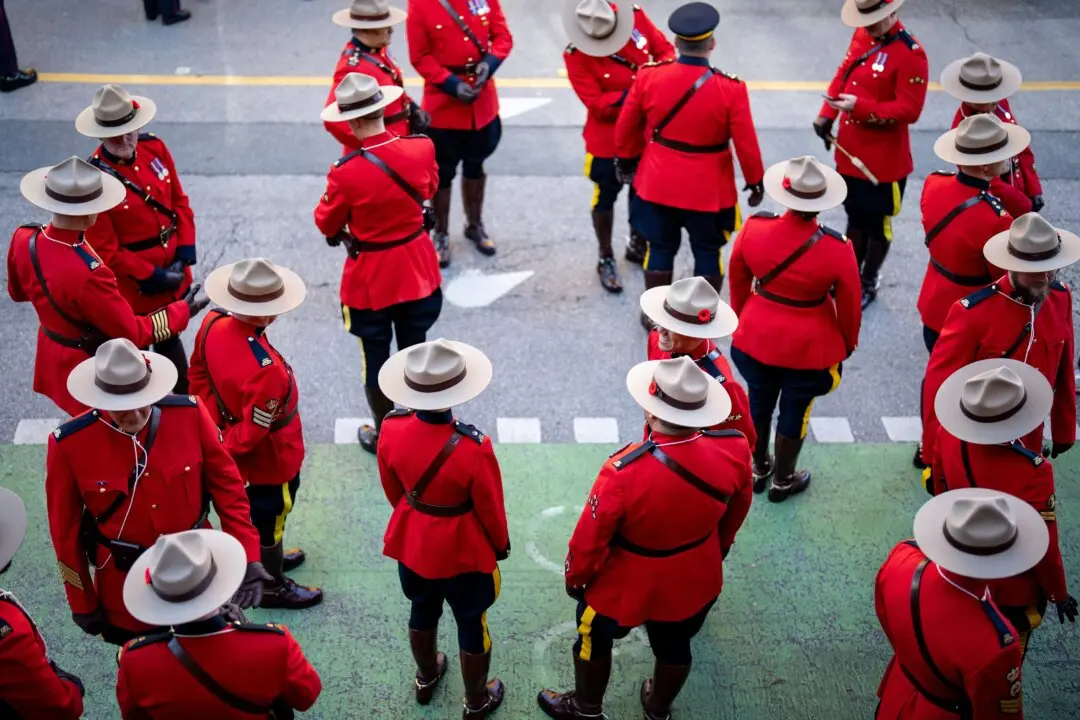Soldiers began helping crews fight wildfires threatening communities in northern Saskatchewan on Wednesday, as other western provinces called in help from foreign countries.
About 360 troops were building fire guards and clearing brush near La Ronge and Montreal Lake.
Steve Roberts with Saskatchewan Wildfire Management said crews made some progress and better visibility allowed aircraft to dump water on some flames.
He said the fire situation across Western Canada is so busy that it is a challenge for the provinces to get enough firefighters.
“As we started down the road with these fires, Alberta and British Columbia fire hazards escalated, the numbers of fires increased and they had community evacuations as well,” Roberts said.
“That has stretched the availability of resources across the country.”
Flames and thick smoke have forced an estimated 9,000 people from their homes in Saskatchewan. Crews from Quebec, Ontario, Newfoundland, New Brunswick and South Dakota have been helping out.
Roberts said the province was in discussions with the United States government about more crews coming north.
The La Ronge First Nation was also seeking volunteers to help fight fires, including evacuees.
The Canadian Interagency Forest Fire Centre, which co-ordinates firefighting services, said Canada may have to seek more help from abroad.
The latest report on the agency website said major wildfires “have the potential to exhaust agency fire resources nationally.”
“National resource levels are insufficient to meet occurring and anticipated wildland fire activity,” it said.
On Wednesday, Alberta said it was bringing in 62 firefighters from Mexico to help battle 92 wildfires. It was also looking at the possibility of crews from Australia and New Zealand.
British Columbia, with more than 180 fires, was to bring in firefighters from Australia. Forty properties were on evacuation order and about 500 were on evacuation alert.
B.C. Premier Christy Clark toured an area west of Pemberton on Wednesday with firefighters, and compared their job to playing chess.
“The difference is when you’re playing a chess game with a forest fire, your opponent cheats. They don’t play by the rules.”
Another 240 soldiers from Edmonton were also in Saskatchewan helping with logistics. The military has said 500 more from Shilo, Man., were on standby.
Wildfire expert Mike Flannigan said tinderbox conditions that have lead to the destructive fires in the West can be blamed on climate change.
“Our weather this year has been very hot, dry and windy,” said the University of Alberta professor.
“This is consistent with what we expect with climate change. I’m not saying every year is going to be a bad fire year, but we are going to see a lot more fire on the landscape.”
Kerry Anderson, a research scientist with the Canadian Forest Service, said the weather pattern known as El Nino, which is caused by the warming of the Pacific Ocean off the coast of South America, is responsible.
He expects weather conditions will settle down in Saskatchewan in the coming weeks, but warmer than normal temperatures will likely persist in B.C. and Alberta.
Anderson said even if crews bring the Saskatchewan fires under control, they may not actually be out until the fall.
“The large fires that are burning there will continue to burn until they are contained or until a fire-ending event may occur, and that may just end up being the first snowfall.”




